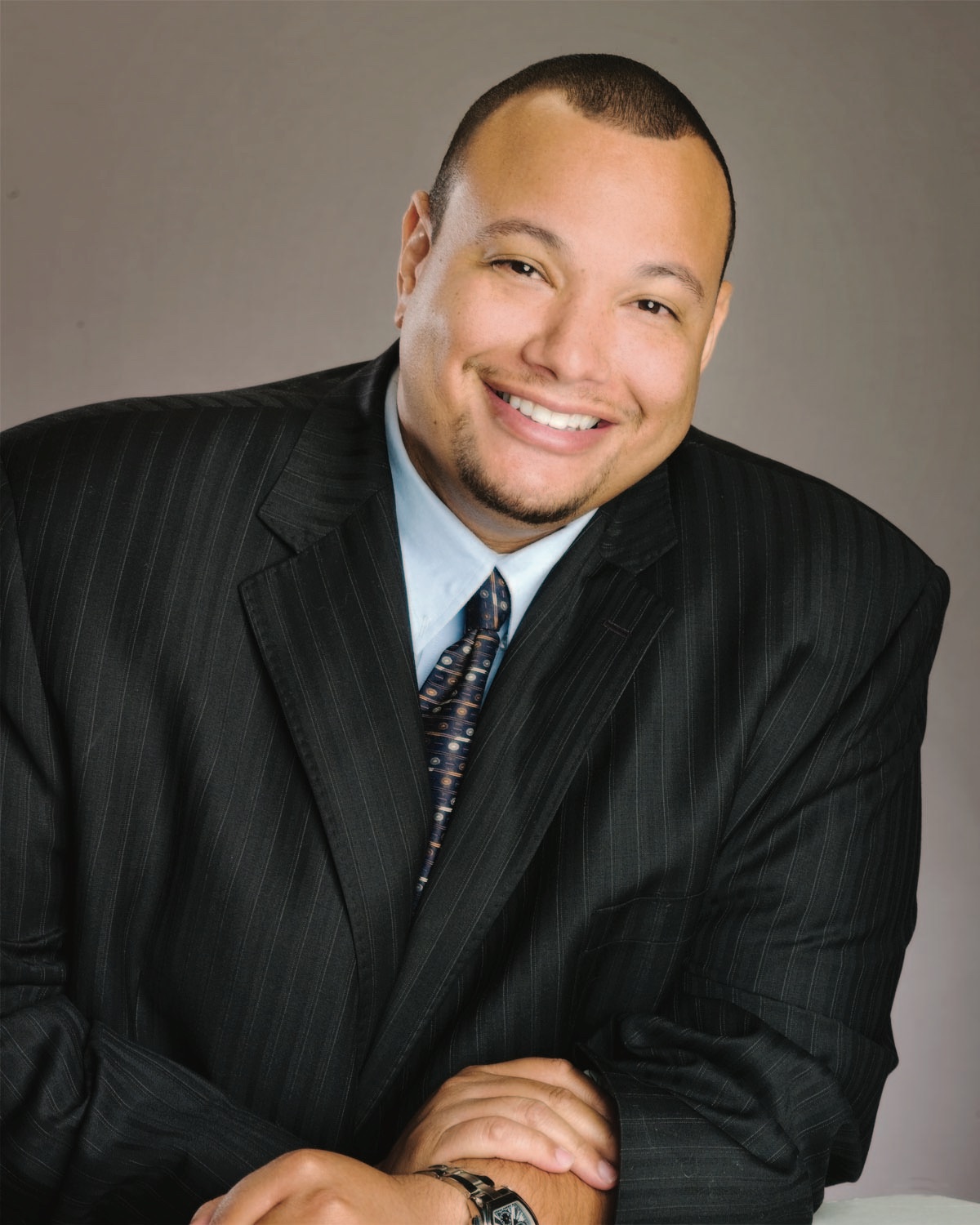(Chicago Sun-Times) After 14 years of deadly warfare (1989-2003) Liberians went to the polls this month to participate in the first “free from fear” and “fair and transparent” U.N.-backed election in the country’s 183- year history. A significant majority of the 1.35 million registered voters showed up at the polls.
There were approximately 3,533 national and about 420 international observers from around the world. There are 22 candidates vying for the West African nation’s presidency — including former international soccer sensation George Weah and Harvard-educated politician and respected internationalist Ellen Johnson-Sirleaf. Weah and Johnson are the presidential front-runners and will likely compete in a runoff election on Nov. 8.
I traveled to Monrovia to serve with the joint National Democratic Institute/T he Carter Center delegation observing the Oct.11 presidential and legislative elections. The 38-member multinational delegation was led by former President Jimmy Carter and the former president of Benin, Nicephore Soglo. The delegation included electoral and human rights experts, regional specialists and political and civic leaders from 13 countries in North America, Europe and Africa. The purposes of the delegation was to express the international community’s interest in and support for the development of democratic and accountable governance institutions in Liberia and provide an impartial and accurate report on the election process to the Liberian people and international community. We did.
During the election I witnessed Liberians organize, conduct and participate in a genuinely free, fair and transparent election. This is not to say that there were no anomalies, but arguably less abnormalities than what appears to be commonplace in the United States. From the blind man, elderly woman and deformed youth to the ritzy doctor and lawyer to the distressed ex-combatant, I watched every facet of Liberian society participate in the election. Nowhere have I seen a people exercise such commitment, determination and willingness to effectuate change peacefully in the midst of destitute poverty. I was struck by the stark contrast between widespread poverty on one hand, and the realization among Liberians that after 183 years of authoritarian rule and 14 years of deadly war that voting was a civic responsibility and duty on the other. Perhaps Americans have something to learn from the nation and people we orphaned.
Liberia was founded by the U.S. government and the American Colonization Society, a private association composed primarily of Southern slavocrats, in 1822 to re-colonize free blacks in Africa because of their active opposition to slavery. Simply put, many Liberians are originally Americans — blacks that were not entitled to U.S. citizenship.
In fact, a significant number of Chicagoans have roots in the South, particularly in Mississippi, and a large number of those blacks who went to Liberia came from Mississippi. Slavocrats in Mississippi established the Mississippi Colonization Society that founded the settlement Mississippi in Africa in 1838, which joined the Commonwealth of Liberia in 1841. Liberians declared independence from the ACS and became a sovereign nation in 1847. Yet, Americans and Chicagoans are so painfully unconscious about Liberian history that it is not even mentioned in high school American history classes, let alone during Black History Month.

